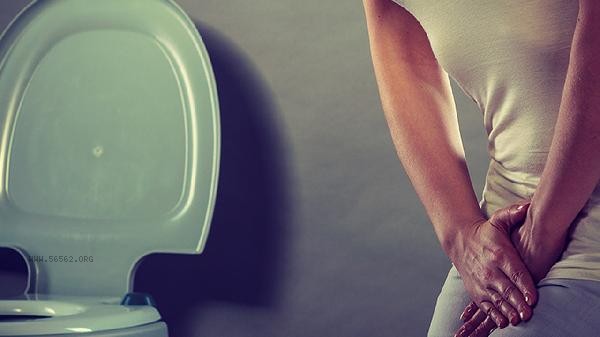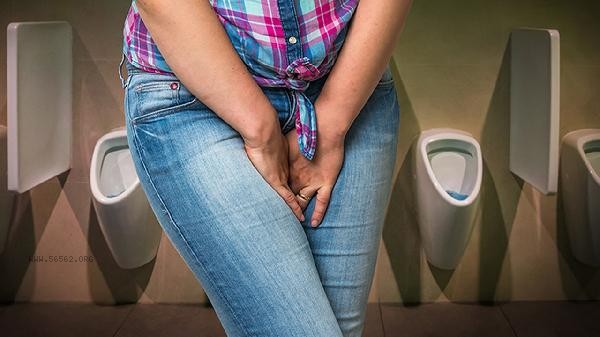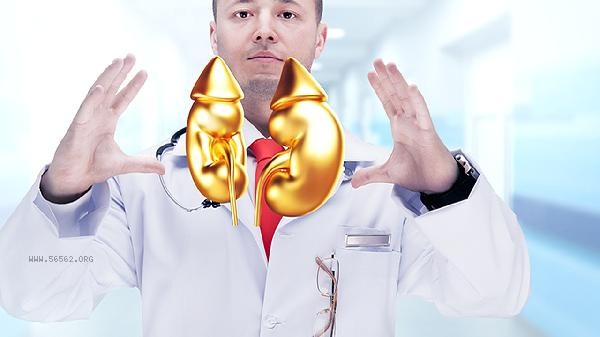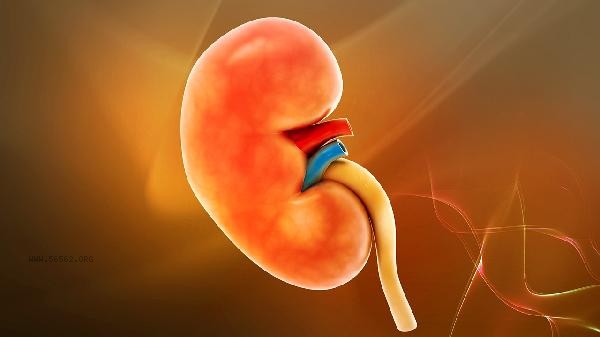Dysfunction after hypospadias surgery may be related to surgical effects, anesthesia side effects, postoperative pain, or drug reactions. The solutions include adjusting diet, exercising appropriately, medication treatment, and psychological counseling.

1. Surgical impact: Hypospadias surgery may cause a certain degree of stimulation or compression to surrounding tissues, especially in the area near the rectum, which may affect intestinal function. Postoperative local edema or inflammation may also lead to difficulty in defecation. It is recommended to drink more water after surgery, keep the intestines moist, and avoid constipation. Adding fiber rich foods such as oats, sweet potatoes, spinach, etc. to the diet can promote intestinal peristalsis.
2. Anesthesia side effects: Anesthesia drugs used during surgery may temporarily inhibit intestinal peristalsis, leading to postoperative constipation. This situation usually gradually subsides after the anesthetic effect wears off. In the early postoperative period, gentle abdominal massage can be attempted to help restore intestinal function. If symptoms persist, gastrointestinal motility promoting drugs such as domperidone or mosapride can be used under the guidance of a doctor.

3. Postoperative pain: Postoperative pain may make patients hesitant to defecate forcefully, resulting in stool retention. Pain may also trigger tension and further affect intestinal function. It is recommended to use appropriate painkillers such as ibuprofen or acetaminophen under the guidance of a doctor to relieve pain. Meanwhile, maintain a relaxed mindset and avoid exacerbating symptoms due to nervousness.
4. Drug reactions: Antibiotics or other medications used after surgery may affect the balance of gut microbiota, leading to constipation or diarrhea. It is recommended to adjust the type or dosage of medication under the guidance of a doctor, and if necessary, supplement probiotics such as bifidobacteria or lactobacilli to help restore intestinal microbiota balance.
5. Psychological counseling: Postoperative patients may experience anxiety due to physical discomfort or concerns about the surgical outcome, which can affect their bowel function. It is recommended to communicate with a doctor or psychological counselor to alleviate psychological stress. Family members should also provide support and encouragement to help patients get through the postoperative recovery period. Dysfunction after hypospadias surgery is a common phenomenon, usually related to surgery, anesthesia, pain, or drug reactions. By adjusting diet, appropriate exercise, medication treatment, and psychological counseling, most patients can gradually restore normal bowel function. If symptoms persist or worsen, seek medical attention promptly to rule out other potential issues. During the postoperative recovery period, patients should maintain patience and follow the gradual recovery of health.










Comments (0)
Leave a Comment
No comments yet
Be the first to share your thoughts!